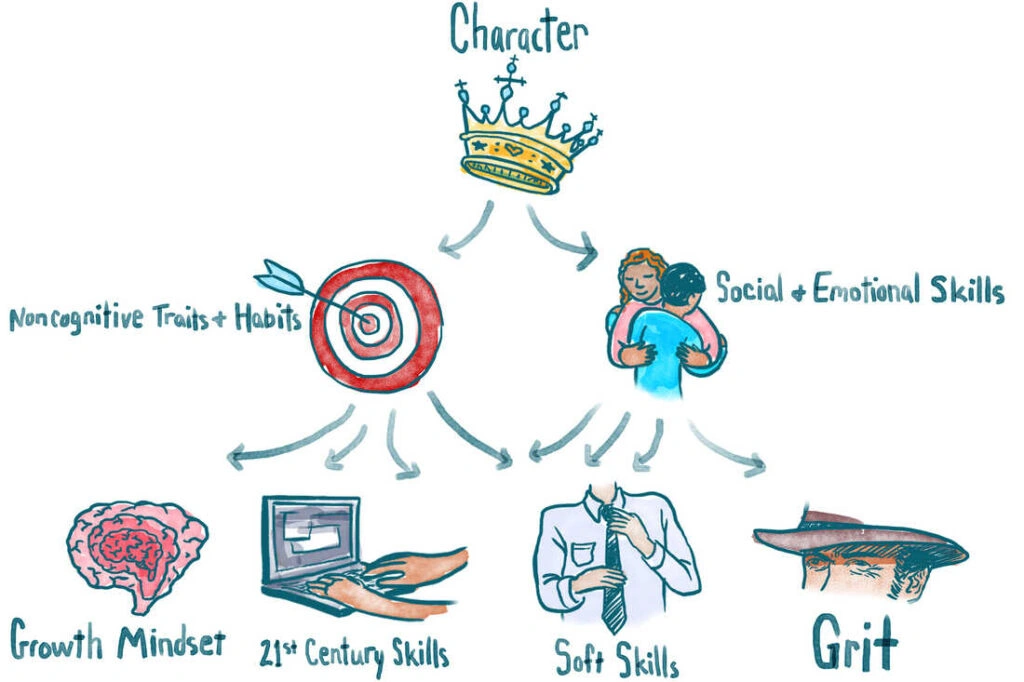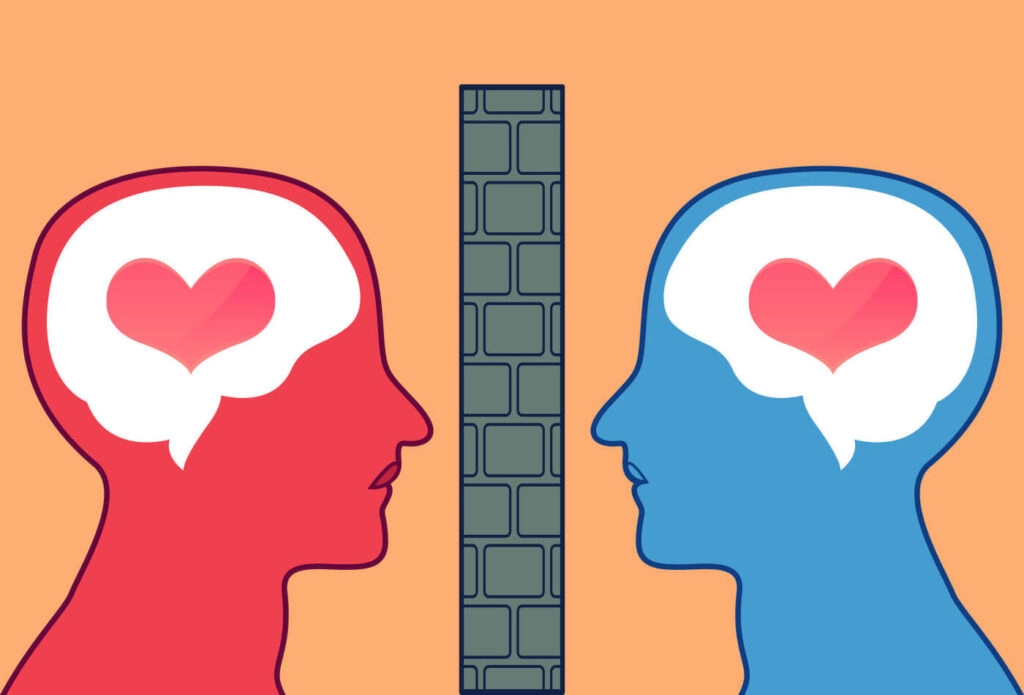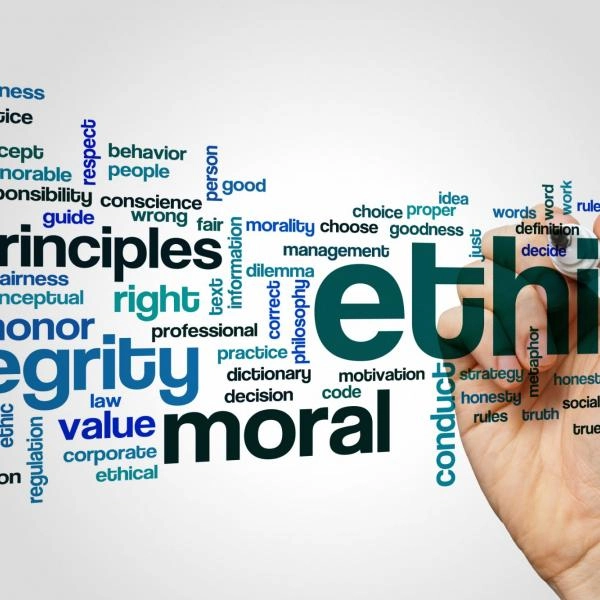You can feel more connected, have a sense of purpose and self-worth, and have more happiness if you have a good social circle. It can likewise assist you with adapting to pressure, which is good for Mental Health. Focus on strengths for better mental health and reduce the risk of illness with a supportive group encouraging healthy habits.
Inner Circle: According to Mental Health
Having a close circle of friends, family members, or partners can be important for your mental health. Positive relationships are linked to higher levels of well-being, which may include a reduction in anxiety and depression, according to research.
In like manner, individuals who live in all around associated networks experience lower paces of mental chronic sickness than those living in regions with less friendly attachment (I). This is thought to be due to the fact that people’s relationships with their neighbors, schools, sports teams, churches, and other religious institutions are known to improve their physical and mental health.
It takes time and effort to build your inner circle, but it’s significant for your mental health. It ought to incorporate individuals you invest the most energy with, who comprehend you and who you trust to show up for you. The number of people in this ring should be small, typically fewer than five. They are individuals you contribute the greater part of your time, energy, and heart into.
Middle circle: According to Mental Health
There’s no escaping the fact that having positive social connections is critical for our mental health. However, maintaining and strengthening these relationships can be challenging. Innovation helps us connect with desired individuals, overcoming challenges in meeting them.
A circle is a perfect example of one of nature’s and geometry’s most elegant creations. Generally, it’s described by the distance of the center from its border and the length of its radius. Divide a circle into major (180deg) and minor arcs. Circular objects can perform entertaining feats like spinning or bending. The best part is that it can do it in a way that’s safe for humans to touch and use.
External circle: According to Mental Health
A strong support network is one of the best options for maintaining good mental health. Research shows that a healthy circle of friends can alleviate feelings of loneliness and improve the well-being of individuals dealing with depression or anxiety.
People who you know well who you trust, and who understand you make up your outer social circle. These are individuals you can impart your deepest considerations and sentiments to, unafraid of being judged or dismissed.
Your external circle additionally consists of companions you have met before and who have become significant in your life. For example, if you’ve received a diagnosis of depression, individuals in your social circle may comprehend the reasons behind your low mood and extend a supportive ear to listen to your feelings.
People you meet on a regular basis
Humans are social animals, and a close-knit social circle helps keep us in check. Social connections can significantly impact mental health and overall well-being, regardless of age or financial status. Your default peer group may not be the most beneficial, so it’s important to expand and connect with neighbors, your children’s friends, or anyone sharing common interests to improve your quality of life.
What’s the best way to keep those pesky bad vibes at bay? We’ve all been there, but here are some tips and tricks to help keep your sanity. The most significant is to understand what you are doing and when to make a stride back, rethink, and push ahead. We likewise urge you to shout out in the event that you are feeling especially down or need an embrace. Having a support system is like having a therapist on call, and it’s a priceless resource. The most crucial tip is to make time to listen, learn, and develop in order to get the most out of your relationships.
Explore More Content:
“Discover additional insights in our article titled About [Yours Social]. Explore now for more valuable information!”




